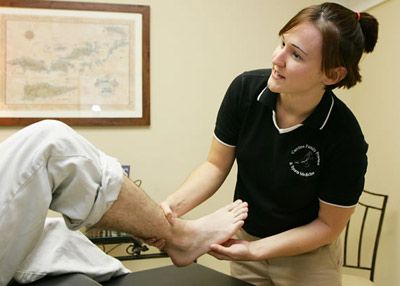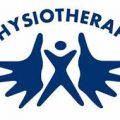Table of Contents
If your passion is to help others, and you’re good with your hands, interested in science and health, and at the same tie you want a job where you can be active, and there’s a lots of varieties, then being physiotherapist might just for you.
Physiotherapists are health professionals who help people suffering from various physical problems caused by ageing, illness or injury. They offer non-surgical ways to alleviate the pain, manage the condition, treat physical problem, and improve one’s quality of life.
So how do you become a physiotherapist? This entry will run through the qualifications you need to become a licensed physiotherapist.
Becoming a Physiotherapist; Qualifications
There are many ways to become one, and they all depend on what type of physiotherapist career you want. Basically, you need a four-year bachelor’s degree in physiotherapy from a university. If you want to be an assistant, then a Diploma Course or a short course in physiotherapy can be enough. If you want to specialize in a specific area, then you need a post graduate study or a Master’s Degree of that field.
As an undergraduate student, you need to achieve three A-levels at A to C, including biological science. Some courses will ask for AAB or ABB. Also, you need to get at least 5 GCSE passes at C grade or higher, including English language, Math, and a specific set of Science subjects.
To get accepted to a 2-year accelerated postgrad program, you will need a 2:1 degree or higher in related subject, such as psychology, biological science, and sports science. All routes include a combination of theory and practical training practice. You can check out the HCPC’s website for the list of approved programs accredited for physiotherapist qualifications.
Other important A-levels include Chemistry, Physics, and Physical Education.
Courses You Need to Finish
Also, applications for full-time undergrad and accelerated postgrad courses are done through the UCAS (Universities and Colleges Admissions Service). For those looking for part-time courses, many universities offer part-time study, though these courses are usually for those looking to become assistants first and already working in a healthcare setup.
Also, some universities offer work-based learning, which are approved by the HCPC themselves. This type of course lasts 27 months, and its goal for students with about 2-year experience working in health or social care environment, such as assistant physiotherapy practitioner.
Before You Can Practice Physiotherapy
Before you are allowed to practice physiotherapy professionally, your name must be registered in (HCPC) Health and Care Professions Council. You can be registered after completing your undergraduate degree or accelerated postgraduate course in the field.
Parting Tips
Most of the time, students on approved courses are required to pay the fees in full. There are however, financial support options for eligible candidates. Thus, make sure you check what funding is available at your chosen university or institution.






 I love to write guides for those seeking a career. My books are written for everyone in an easy to read and understandable style.
I love to write guides for those seeking a career. My books are written for everyone in an easy to read and understandable style.